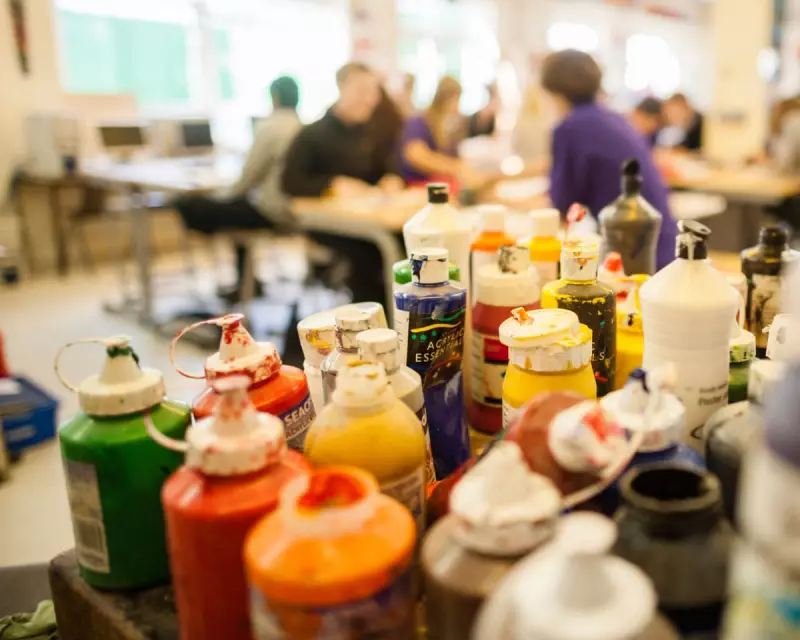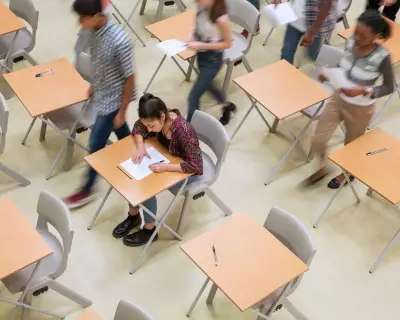
In a landmark decision that arts leaders are heralding as a "game-changer," England's education system is set to undergo a creative transformation that promises to restore arts subjects to their rightful place in the curriculum.
The Department for Education has announced sweeping reforms that will fundamentally change how schools are held accountable for delivering robust arts education. This represents a significant policy shift following years of concern about the declining status of creative subjects in English schools.
A New Era for Arts Accountability
Under the new framework, schools will face strengthened requirements to provide and report on their arts provision. The reforms introduce clear mechanisms to ensure compliance, moving beyond vague guidelines to concrete accountability measures.
Arts Council England chair, Sir Nicholas Serota, welcomed the changes, stating they represent "the most significant step forward for arts education in a generation." The sentiment was echoed across the creative sector, with leaders from music, drama, art and design expressing relief after years of campaigning.
Addressing the STEM Imbalance
The reforms come as a direct response to growing evidence that creative subjects have been systematically marginalised in favour of STEM disciplines and EBacc metrics. Many schools had reduced arts provision to meet government performance measures, creating what critics called a "two-tier system" that disadvantaged creative students.
Recent data revealed alarming declines in arts participation, with some regions experiencing drops of over 40% in arts GCSE entries since 2010. The new measures aim to reverse this trend by ensuring all students, regardless of background or postcode, have access to high-quality arts education.
What the Changes Mean for Schools
The government's plan includes several key components designed to strengthen arts education:
- Enhanced reporting requirements for arts provision in school performance data
- Clearer expectations for curriculum time allocated to creative subjects
- Support for teacher development in arts disciplines
- Recognition of arts qualifications in school accountability measures
Education Secretary Bridget Phillipson emphasised that the reforms are about "ensuring breadth and balance" in education, acknowledging that creativity is "just as vital to our national life" as academic achievement.
Industry Reaction and Next Steps
The creative industries, which contribute over £100 billion annually to the UK economy, have overwhelmingly welcomed the announcement. Industry leaders note that nurturing creative talent in schools is essential for maintaining Britain's global reputation in arts and culture.
Implementation of the new framework will begin in the coming academic year, with full rollout expected by 2026. The Department for Education has committed to working closely with schools and arts organisations to ensure a smooth transition.
This policy shift represents not just an educational reform but a cultural statement about the value Britain places on creativity and the arts in shaping future generations.





